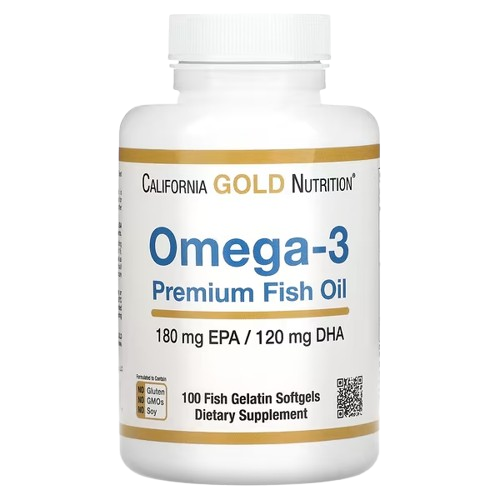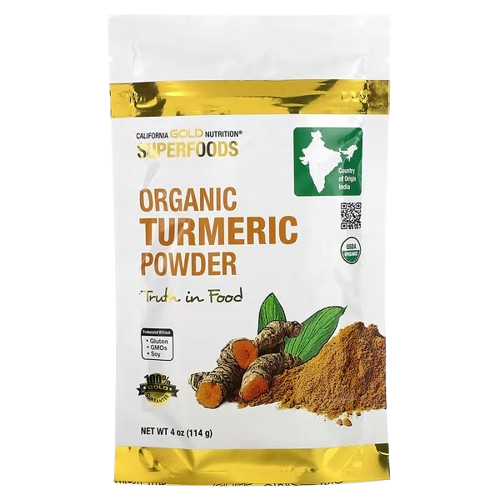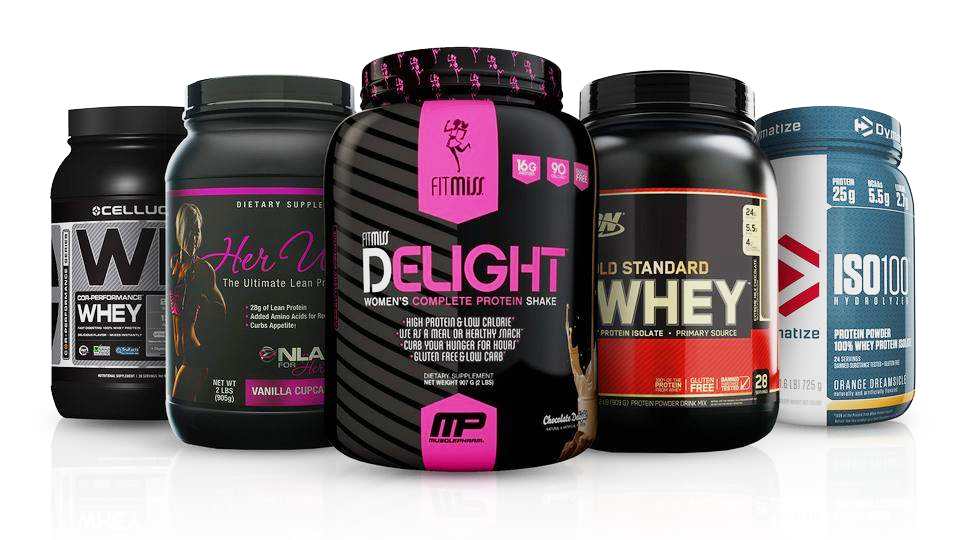What to take for perimenopause joint pain?
For perimenopause joint pain, common supplements include glucosamine and chondroitin, which support joint health. Omega-3 fatty acids (fish oil) are effective in reducing inflammation, while collagen helps strengthen connective tissues. Turmeric (curcumin) is widely used for its anti-inflammatory properties.
Vitamin D and calcium are crucial for maintaining bone health, especially during perimenopause. Magnesium can also help relieve muscle stiffness and discomfort.
Consult a healthcare provider before starting any supplements to ensure they are appropriate for your specific needs.
More on that
Perimenopause, the transition phase before menopause, often brings symptoms such as joint pain due to fluctuating estrogen levels. To alleviate joint pain during perimenopause, certain supplements are highly recommended.
Glucosamine and chondroitin are two of the most common supplements for joint health. They help maintain the integrity of cartilage, reducing pain and stiffness in the joints. These supplements are particularly useful for those experiencing perimenopause-related osteoarthritis.
Omega-3 fatty acids, often found in fish oil, are known for their anti-inflammatory properties. They can reduce inflammation around the joints, providing relief from stiffness and discomfort. Omega-3s are especially beneficial for joint pain caused by hormonal changes.

Collagen is another helpful supplement for joint health. As the body’s natural collagen production decreases during perimenopause, supplementing with collagen can help improve joint flexibility and reduce pain.
Turmeric, or its active compound curcumin, is a powerful anti-inflammatory supplement. Many women use turmeric to reduce joint inflammation and ease discomfort.

For overall bone and joint health, vitamin D and calcium are essential. Vitamin D helps the body absorb calcium, which is crucial for maintaining strong bones and reducing the risk of joint pain or bone loss.
Magnesium can also be helpful for relieving muscle tension and joint stiffness during this phase.
As always, consult a healthcare provider before starting any supplement to ensure it fits your individual health needs and won’t interfere with other medications.


